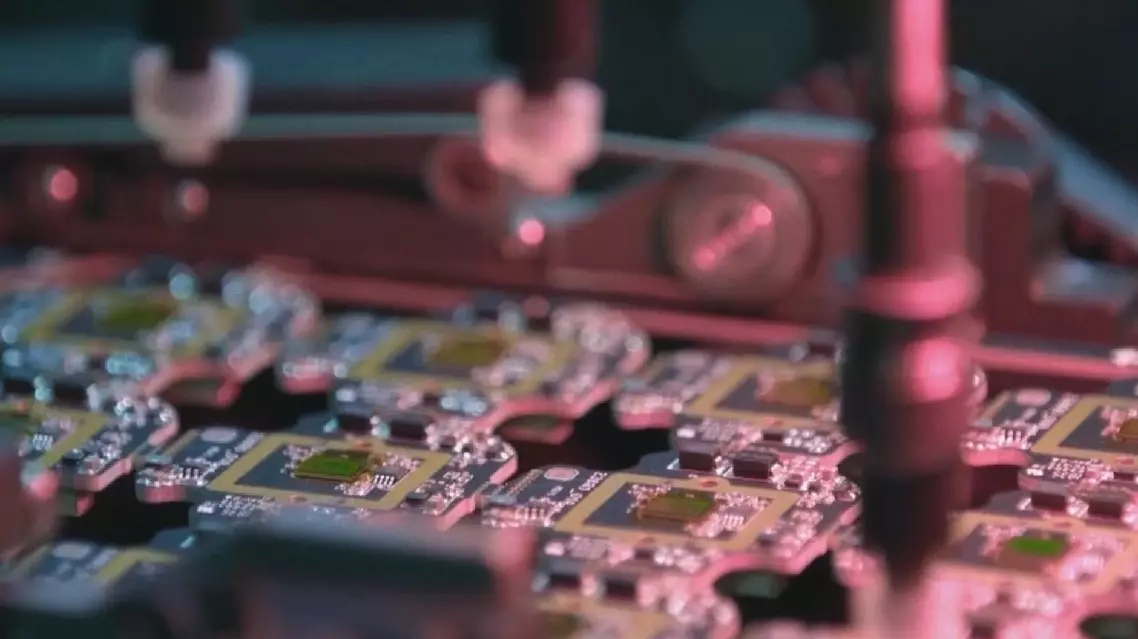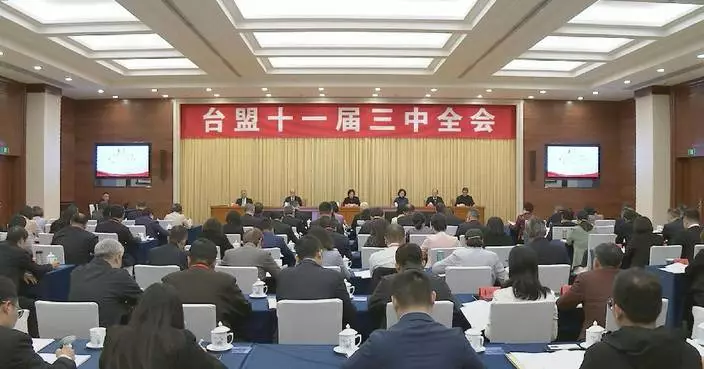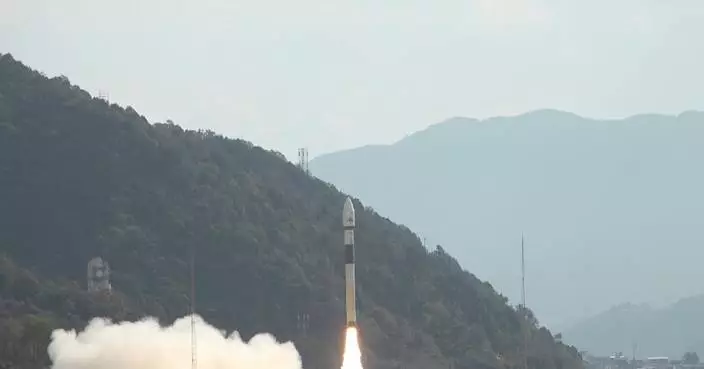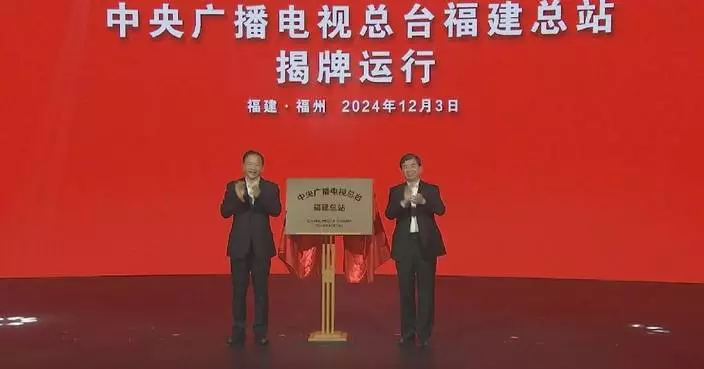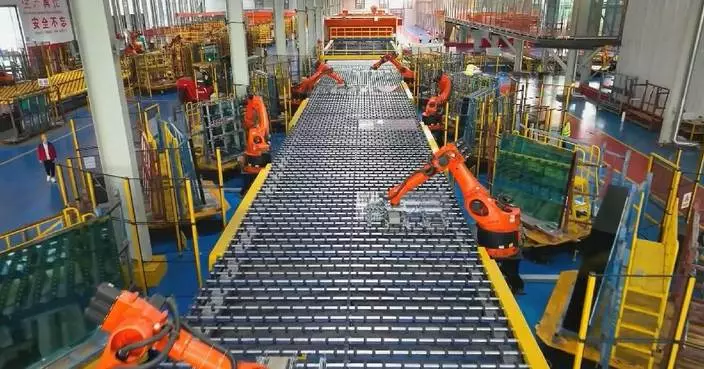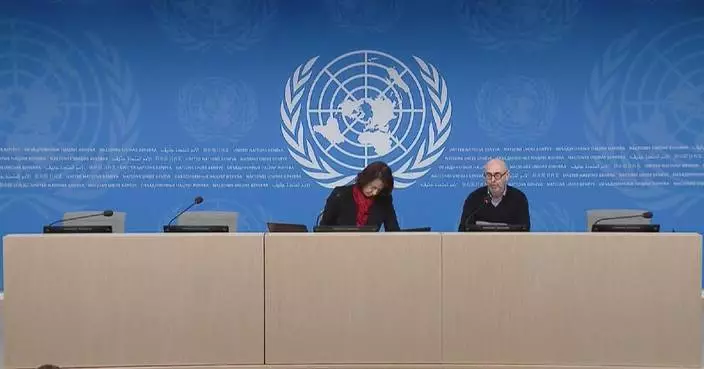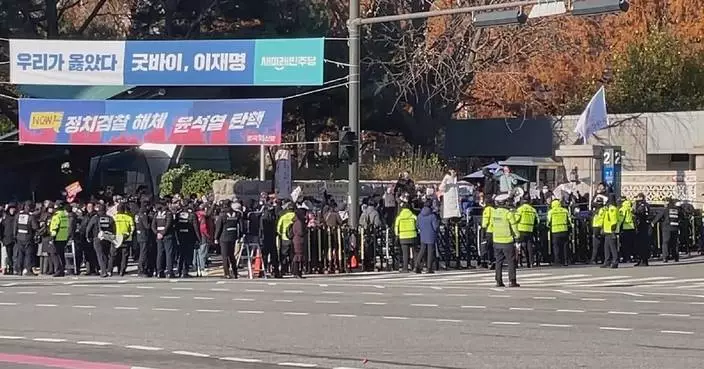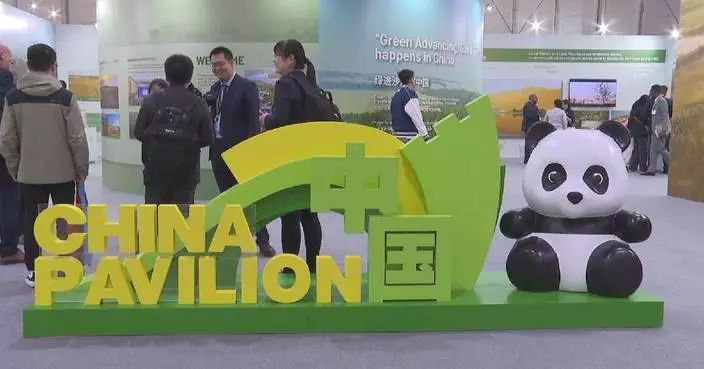Juan Carlos Isaza, Managing Director of the Latin American Information Alliance, called for greater collaboration among media organizations in the Global South, emphasizing the potential to address shared challenges and enhance cultural exchange, particularly in today's divided world.
Isaza is currently attending the 12th Global Video Media Forum (VMF), which opened in Quanzhou in east China's Fujian Province on Tuesday, bringing together 200 representatives from mainstream media and international organizations from over 60 countries and regions in the historic coastal city.
Speaking with China Global Television Network (CGTN), Isaza said that a big effort is needed for media outlets in the Global South to work better together.
"I know about all the regions in the world and about similar organizations in Africa, in the Asia-Pacific, in the Pacific islands. And I know that they also cooperate, but I think that there is work to do to integrate the regions. I think that by now the regions collaborate within the same region, the Africans collaborate with the Africans. The Asia-Pacific countries collaborate within their own region. But I think that there is still a big effort to integrate the whole southern countries," he said.
Isaza said that despite geographical distances, many challenges and cultural elements resonate similarly across southern nations, and that integration of media organizations in the Global South can significantly influence cultural development and improve the quality of life in these regions.
"I think that if we, as media outlets, manage to really integrate, I think that it can have a big impact in sharing cultures and in sharing problems. Because sometimes, even though we are far away countries, it's still the problems and still the good things are common. Not because you guys are here in Asia, you have different problems than us. Not because you are here in Asia, you have a cultural thing that we are not interested in that. I think that if we, at the end of in the near future, are able to integrate this Global South, it can have a big impact in our culture, in the way that we live, in the way that the south countries can develop," he said.
The two-day VMF is being held under the theme "Intelligence Without Frontiers, Vision Beyond The Horizon -- Media's Role in Communication and Cultural Exchange."
Launched by the CCTV Video News Agency (CCTV+) in 2011, the VMF is an annual professional journalism forum focusing on the latest video content communication and innovation trends, and providing a highly specialized, unique and interactive platform for domestic and foreign media peers.

Latin American Information Alliance calls for greater media integration in Global South


